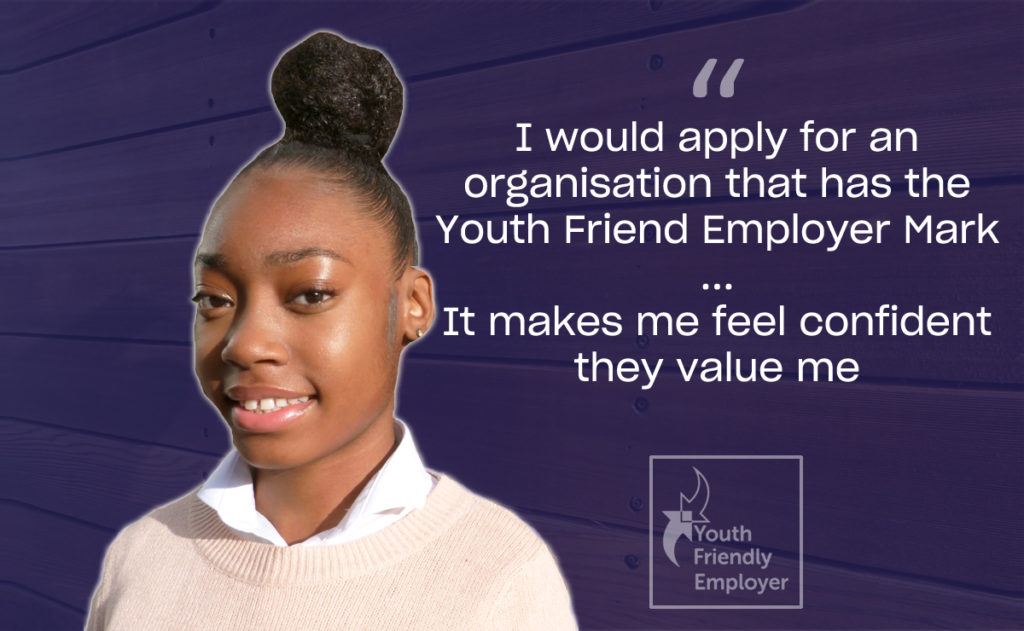A brief introduction into what the role entails
As a Restaurant Supervisor/Manager, you would be responsible for the health and safety procedures, quality standards and staff and customer satisfaction. The nature of the role is both business-oriented and creative, allowing you to dive into tasks ranging from strategic planning to day-to-day management activities.
This role is available at many types of restaurants such as high-end, casual dining and quick service outlets.
Watch the video on How to become a Restaurant Supervisor
Salary
Restaurant supervisor/managers working in fine dining typically earn between £22,000 to £40,000. In casual dining restaurants, between £20,000 and £30,000 and in fast-food restaurants between £18,000 and £30,000.
Salaries for restaurant managers depend on your location, employer and the type of establishment you work for. Many employers offer perks such as a pension, free meals on shift, staff discounts and private medical insurance. Additionally, it is sometimes possible for restaurant managers to receive bonus payments if they reach the targets set by their head office.
Income data from the Hospitality Guild and Prospects. Figures are intended as a guide only.
Working hours
It is not uncommon for a restaurant supervisor/manager to work over 40 hours a week, often including weekends and evenings. Shift work and working on public holidays is also typical. When considering this role, it is important to remember that you must be willing to work until the job is completed, which may mean overtime.
What entry qualifications and training do you need?
When considering what you need to enter the hospitality industry, practical experience, strong interpersonal skills and an understanding of business are key. Having a degree is not always a necessity as it’s possible to train on the job and work your way up into the role of a restaurant manager.
Although, if you are interested in joining a graduate recruitment scheme you will need a degree. These schemes are usually available with large restaurants and fast-food chains. Having a degree in the following subjects could be beneficial when applying; business or management, hospitality management or hotel and catering.
If you want to get straight into a role and don’t have directly relevant qualifications or experience, you can train on the job and earn money at the same time by taking an apprenticeship in hospitality.
These are available at different levels and after gaining some experience you could take the:
- Level 3 Hospitality supervisor advanced apprenticeship
- Level 4 Hospitality manager higher apprenticeship
Once you are ready, the GOV.UK Find an apprenticeship service can help you to find suitable positions.
Alternatively, if you are currently working in a restaurant role you could develop your management skills by taking a relevant hospitality qualification such as:
- Level 3 Diploma in Hospitality Supervision and Leadership
- Level 4 Diploma in Hospitality Leadership
If you want to develop your skills in the industry, the type of training opportunities available are usually dependant on the size of the restaurant you’d be working for and whether it’s an independent operation or part of a chain. Larger restaurant chains typically offer structured training schemes, while independent restaurants are more likely to offer informal on-the-job training.
Key training areas include; first aid, health and hygiene and management skills.
Structured management training schemes for graduates generally last between 12 and 18 months. During this time, you could expect to gain practical experience within each function of the restaurant and be assigned a mentor to help you during your initial months.
Many professional bodies also offer a range of training opportunities, including activities that count towards continuing professional development (CPD). Find out more below:
Hospitality Guild – lists training courses including college-based qualifications and apprenticeships, regulation and licensing courses, and CPD options.
Institute of Hospitality – offers a range of hospitality-related qualifications, professional development workshops, webinars, online courses and networking events.
UKHospitality – hosts various events across the year and provides publications and resources for members.
What experience do you need for a restaurant supervisor/manager job? (Work experience – Volunteering and extra-curricular activities)
Gaining relevant work experience is can also be a key component to landing your dream role! If the restaurants you want to work at don’t offer work experience placements, you should consider finding part-time, weekend or summer jobs in restaurants. This way it could be possible to gain experience as you study or apply for positions.
What skills do you need for a restaurant supervisor/manager job?
Desired skills include:
- ability to lead and motivate a team of staff
- awareness of hygiene, and health and safety regulations
- a flexible and hands-on approach to work
- problem-solving ability
- strong planning and organisational skills
- ability to work independently and make decisions confidently
- strong written and oral communication skills
- ability to cope under pressure in a fast-paced environment
- good business awareness
Hospitality & Catering Careers
Do you aspire to work in an industry where you’ll make an impact on people’s lives every day, have great career progression opportunities and have fun? Then working in catering and hospitality is for you – and Caterer.com can help.
Hospitality & Catering Careers






